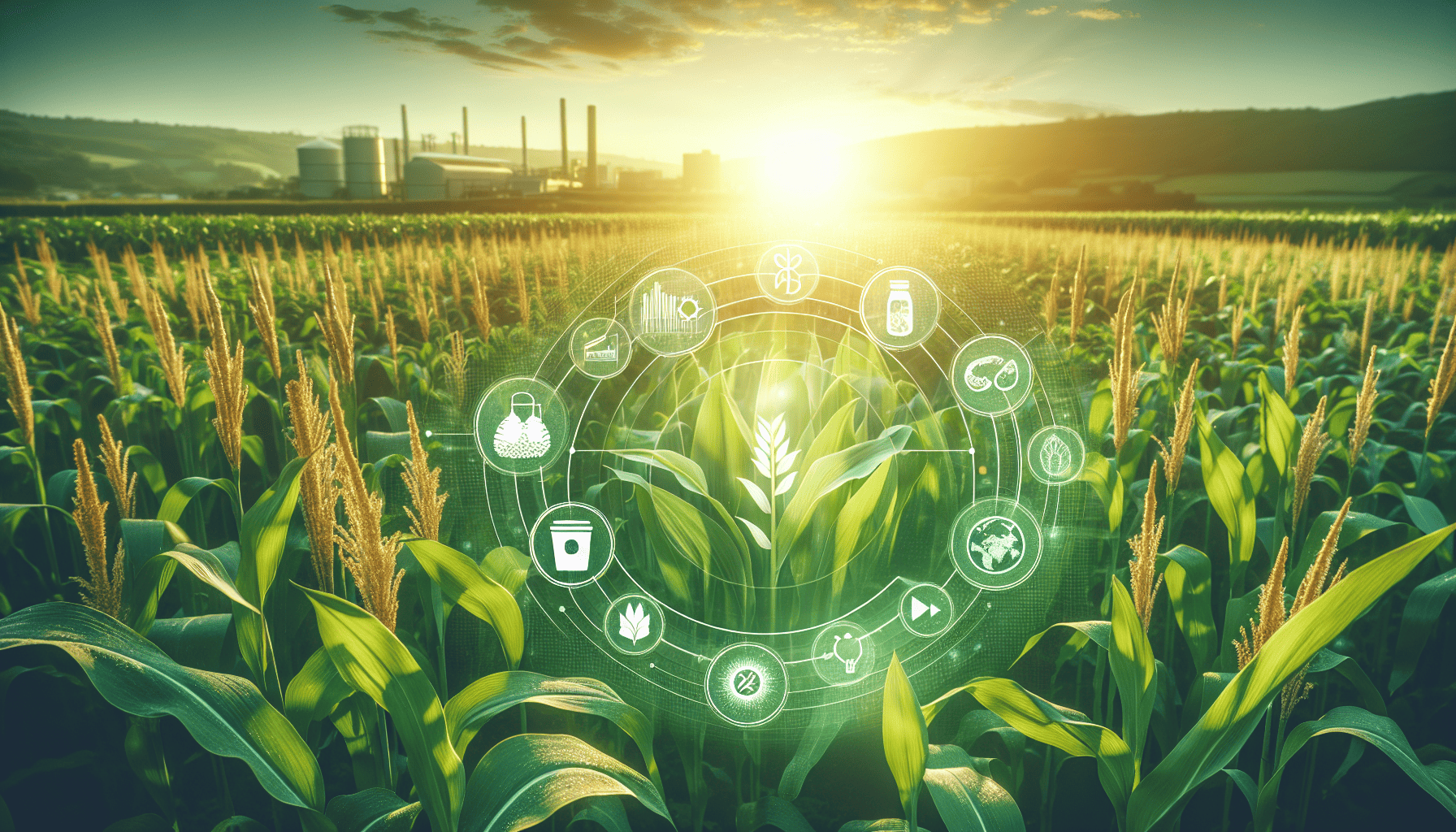Biomass energy has emerged as a promising player in the global quest for renewable and sustainable energy solutions. As the world grapples with the urgent need to transition away from fossil fuels, biomass presents an opportunity to harness nature’s resources in a way that benefits both the environment and the economy.
Understanding Biomass Energy
Biomass energy is derived from organic materials such as plant and animal waste, wood, and agricultural crops. These materials, through various conversion processes, can be transformed into usable forms of energy, such as heat, electricity, and biofuels. The key benefit of biomass is its ability to recycle carbon that is already present in the ecosystem, making it a more sustainable choice compared to fossil fuels, which release carbon that has been stored underground for millions of years.
The Advantages of Biomass Energy
One of the most significant advantages of biomass energy is its potential to reduce greenhouse gas emissions. Biomass is considered carbon-neutral because the carbon dioxide released during its combustion is offset by the carbon dioxide absorbed by the plants during their growth. This cycle of growth, decay, and renewal creates a balance that helps mitigate the impacts of climate change.
Moreover, biomass energy can leverage waste materials that would otherwise contribute to landfill overflows and pollution. By converting agricultural residues, forestry by-products, and organic waste into energy, biomass not only reduces waste but also decreases methane emissions, a potent greenhouse gas.
Biomass and Energy Security
Biomass energy offers an opportunity to enhance energy security for many countries. By diversifying the energy portfolio and reducing reliance on imported fossil fuels, countries can achieve greater energy independence. Local production of biomass energy also stimulates rural economies by creating jobs in farming, harvesting, processing, and manufacturing.
Challenges and Considerations
Despite its potential, biomass energy is not without challenges. One of the primary concerns is the sustainable sourcing of biomass feedstocks. Overharvesting or inappropriate land use can lead to deforestation, loss of biodiversity, and negative impacts on food security. Therefore, it is crucial to implement sustainable practices and policies that ensure the responsible use of biomass resources.
Additionally, the efficiency of biomass energy conversion processes needs to be optimized to make them economically viable. Technological advancements in bioenergy systems and investment in research are essential to overcoming these hurdles.
The Role of Biomass in the Renewable Energy Mix
Biomass energy alone cannot fulfill all the world’s energy needs but serves as a valuable component of a diversified renewable energy strategy. It complements other renewables like wind, solar, and hydro, providing reliable base-load power and contributing to grid stability.
In conclusion, biomass energy holds significant potential in the transition to a sustainable energy future. It offers a renewable, carbon-neutral alternative to fossil fuels and presents opportunities for waste management and energy security. However, its successful implementation requires careful management and technological innovation to ensure it is part of a holistic approach to renewable energy development. As the world continues to explore and refine its energy strategies, biomass stands ready to play a critical role in the renewable energy revolution.
